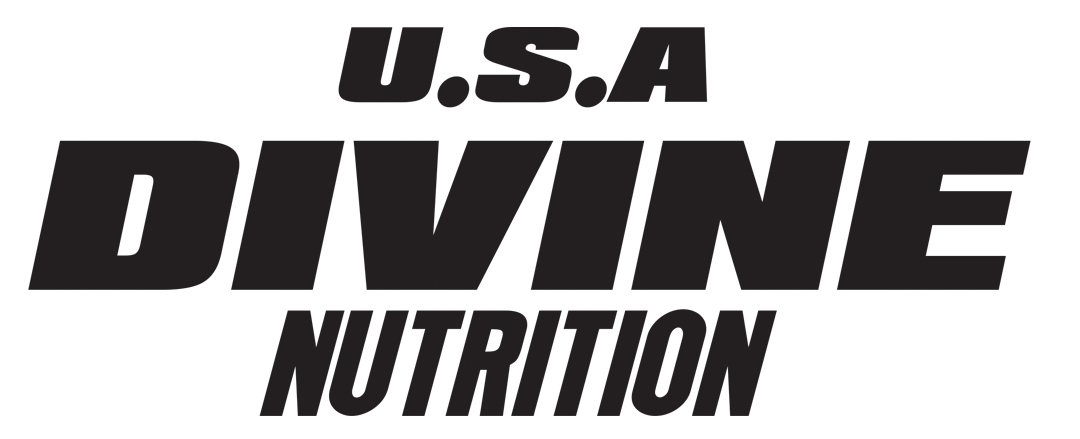Energy drinks before exercise have really gained popularity among the bodybuilding fanatics as these beverages provide people with much-needed energy, focus, and endurance for those hard-core workouts. Well, not all energy drinks made prior to exercise are created equal; only knowledge of active ingredients and their dosages can unlock the true power. In this blog, we are going to deep-dive into the science behind pre-workout supplements, their key ingredients, and break down some common misconceptions in order to educate our readers for the right decisions.
What is pre-workout, and why does it matter?
Pre-workout is a special kind of an energy drink or supplement that actually enhances exercise by improving performance. Chances are when you're pumping those iron around in the weightroom, sprinting, doing that HIIT - the perfect drink can push the performance.
Knowing what is in a pre-workout helps to know which one would be most suitable for both men and women. Bottom line: No one fits all, and it is the tolerance of the individual that would define its effectiveness.
Science Behind Pre-Workout Supplements
These are pre-workouts that work in a different way on various physiological pathways. These deliver an increase in energy, which is delivered by enhancing the production of ATP, delaying fatigue through the buffering of lactic acid, and also an increase in blood flow to the muscles. These functions are achieved using ingredients that are very carefully selected and contain caffeine, beta-alanine, creatine powder, and essential amino acids such as BCAAs.
Scientific studies have shown that, at the right dosages, these ingredients will dramatically improve performance, and that is why pre-workouts have become a staple in the fitness world.
Caffeine: How It Boosts Performance and the Right Dosage
Most of the pre-workout energy drinks contain caffeine as the main ingredient. It is a central nervous system stimulant that enhances alertness, focus, and energy. Caffeine also boosts endurance by liberating fat stores, making it perfect for cardio and strength training
Depending on an individual tolerance level, the recommended intake of caffeine is between 200 and 400 milligrams per dose. In the case of novices, taking low doses would suffice to minimize risks of developing other side effects like jitteriness and increased heartbeats.
Beta-Alanine and Reducing Muscle Fatigue
Beta-alanine is an amino acid that buffers the accumulation of lactic acid during a period of training to delay the development of fatigue, ensuring endurance under heavy training. This is because the increment of carnosine within the muscles will decrease acid concentration, thus leading to an almost neutral pH.
Dosage: beta-alanine; 2 - 5grams/day Some are sensitive to B-alanine paresthesias innocuous sensations of tingling-split dosing to decrease effect creatine; creatine can maximize muscle mas
Creatine powder is one of the most popular additions to any pre-workout supplement and one of the best to increase strength and muscle mass. It replenishes ATP, which is the main fuel your muscle uses for contraction, thereby allowing you to lift more and perform more reps.
The best dosage of creatine is 3-5 grams daily, and that the creatine does not have to be taken just before workout; that what matters most is steady daily use in order to ensure increased benefits.
L-Citrulline and the Blood Flow During Exercises
L-citrulline is an NO precursor. The molecule it produces relaxes the muscles and helps dilate the vessels, which enhances blood flow. An increase in blood flow brings in more oxygen and nutrients, thus further enhancing performance and decreasing muscle fatigue.
The amount of L-citrulline is usually in the range of 6-8 grams for a pre-workout formula. Find pure L-citrulline rather than citrulline malate for better absorption and efficacy.
Do you really need BCAAs in your pre-workout?
BCAAs or branched chain amino acids containing leucine, isoleucine, and valine are also added usually to the mix because they induce muscle recovery besides preventing muscle protein breakdown during your exercise. This pro-BCAA attribute is especially a benefit for someone doing training in the fast state. Now, if it's a good protein diet on your part or maybe an EAA supplement, not necessary.
If you do decide to supplement with BCAAs, they are pretty effective at dosages of 5 to 10 grams.
Common Misconceptions About Pre-Workout Ingredients
-
More is better
Taking too much of ingredients like caffeine or beta-alanine may lead to negative side effects with no extra performance enhancement. Keep it within the recommended dosage.
-
Pre-workouts replace proper nutrition
Supplements enhance performance but should never be a replacement for a healthy diet and adequate hydration.
-
All pre-workouts are created equal
The best pre-workout drink for men or women depends on individual goals and tolerances. Always check the label and do your research.
Pre-Workout Timing: When to Take Pre-Workout before Exercise?
Timing makes all the difference when it comes to using pre-workout supplements. Most of the ingredients take between 20 and 45 minutes to be fully active, so preparing your own pre-workout energy drink by taking it at this time is best.
For those who are sensitive to caffeine, avoid taking the pre-workout too close to bedtime to avoid disrupting sleep.
DIY Pre-Workout Recipes for a Natural Energy Boost
If you want to go more natural, here are some simple DIY pre-workout recipes:
Citrus Energy Boost
1 cup water
Juice of 1 lemon
1 tsp honey
1/4 tsp Himalayan salt
Coffee Kick
1 cup black coffee
1 scoop creatine powder
Optional: 1 tbsp coconut oil for added energy
Watermelon Nitric Oxide Drink
2 cups fresh watermelon
1/4 tsp L-citrulline powder
Mix and enjoy!
Side Effects to Watch Out for and When to Lower Dosages
Pre-workouts are relatively safe, but they might cause some side effects in a few. These include:
-
Jitters or anxiety with too much caffeine.
-
Digestive issues with some amino acids.
-
Beta-alanine causes tingly sensations.
If you do experience side effects, then try adjusting the dosage or switching to a formula that has less stimulant. Always consult a healthcare professional prior to initiation of any supplement program.
Conclusion
A number of pre-workout energy drinks literally turn the game for most fitness routines and offer the level of energy as well as a focus needed to help crush any and all of your fitness goals. Therefore, knowing the fundamentals behind a few main ingredients such as caffeine, beta-alanine, creatine powder, and BCAAs would aid in determining the right dosage of these that could deliver optimal pre-workout beverage benefits. Always, the individual's need is best; try it.
Frequently asked questions
Q1. How often can I take a pre-workout?
For most people, it is safe to take a pre-workout every day, but cycling off occasionally can prevent the build-up of tolerance to stimulants like caffeine.
Q2. Is EAA better than BCAA?
EAA supplements provide all nine essential amino acids, which are far more comprehensive than BCAAs that only contain three.
Q3. Are natural pre-workouts effective?
Absolutely, yes. Especially if it has a coffee, honey, or L-citrulline boost.
Q4. Can I put creatine in my pre-workout?
Absolutely! Most pre-workouts already contain some form of powdered creatine, but you can also add it according to the specifics you might need.
Q5. What is a good pre-workout for males?
The best pre-workout for men varies depending on their fitness goals, tolerance, and the ingredients they want. Some of the most popular options have balanced levels of caffeine, creatine, and L-citrulline.
















